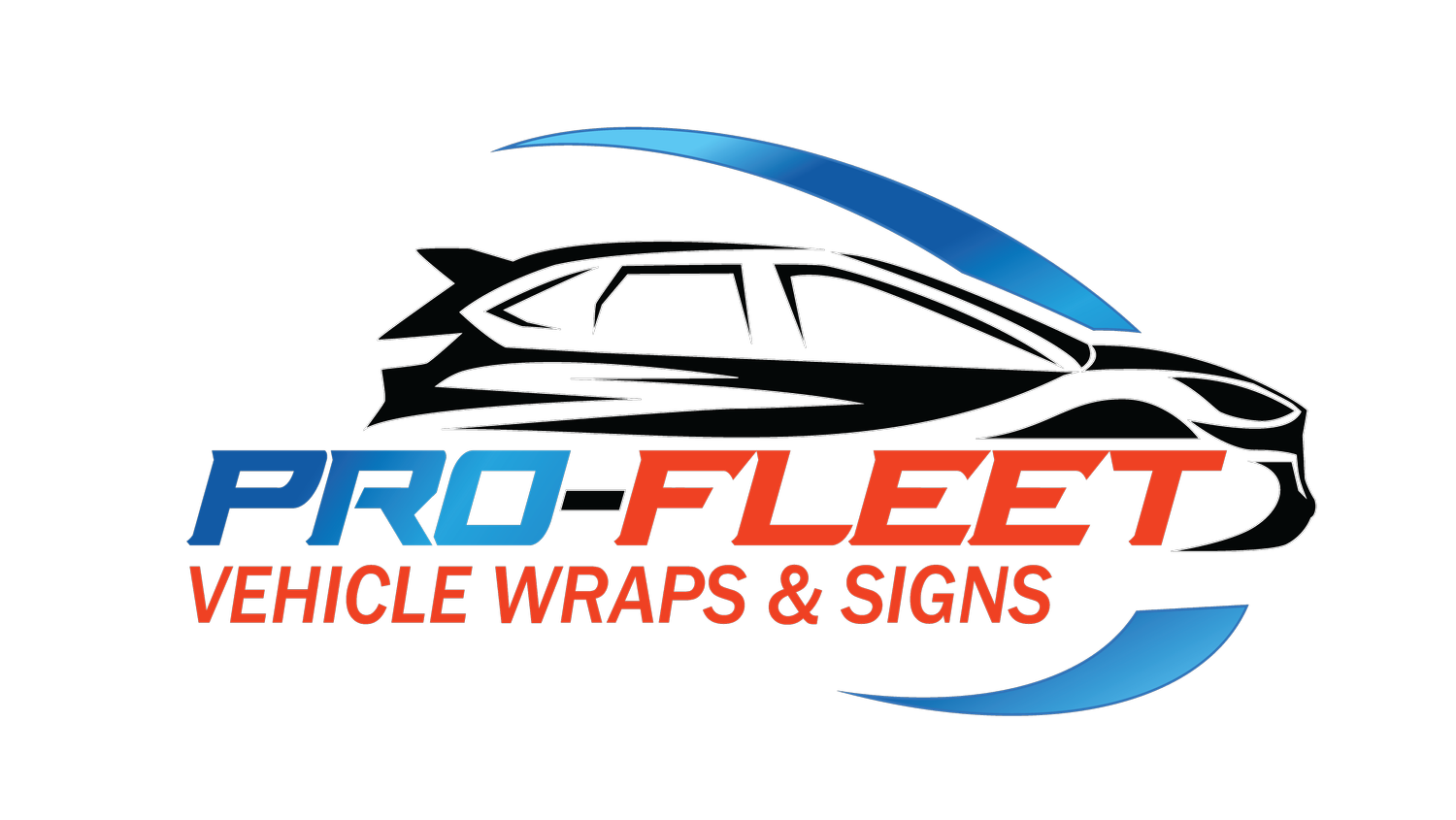How Long Does It Take to Wrap a Car: Time Estimates for Different Vehicles
Car wrapping times change based on the type of vehicle you have. Different cars need different amounts of time because of their size and shape. Small cars are faster to wrap than big trucks or vans. A professional car wrap job requires careful planning and skilled work to get great results. This guide breaks down how long each type of vehicle takes to wrap completely.
Average Wrap Time for Compact Cars
Small cars usually take 8 to 12 hours to wrap completely. The time depends on how complex your design is and what extras you want. We start by cleaning the car's surface well so the vinyl sticks properly. Our team then measures and cuts the vinyl to fit each part of your car perfectly. We pay close attention to details, especially with fancy designs or patterns. Extra features like chrome deletes or accent strips might add more time, but we do them perfectly. Our skilled team makes sure every wrap looks flawless.
Estimated Time for Mid-Size Sedans
Mid-size sedans typically take 10 to 15 hours to wrap. The exact time depends on your design details and any custom work you want. These cars need careful work because of their curves and shapes. We make sure the wrap looks smooth and professional on every part. We pay special attention to lining up patterns and graphics so they flow nicely across the car. Factors such as design complexity, vinyl type, and the car's unique shape all affect how long it takes. Our experienced team combines technical skills with careful attention to deliver great results quickly.
Wrapping Time for SUVs and Crossovers
SUVs and crossovers take different amounts of time depending on the design and vehicle features. These bigger vehicles have more surface area to cover, which means more time for careful wrapping. SUV and crossover shapes are complex, with curves, body lines, and extra parts like mirrors and door handles that require precise design and fabrication. A complete wrap for an SUV or crossover usually takes skilled workers about 10 to 12 hours to finish. More complex designs or custom work could take longer. Using the right techniques for these vehicle types is important for a perfect finish that looks great and lasts long.
Time Estimates for Vans and Minivans
Vans and minivans need careful work because of their unique shapes and surfaces. Vans often have large flat areas broken up by windows and doors, so we need to align and trim carefully for a smooth look. The big surface area means we must prepare the surface well so the vinyl sticks properly and won't peel or bubble. Minivans have curved shapes and detailed panels that make them challenging to design. We need skilled hands to work the vinyl around corners and edges perfectly. We use heat application expertise to shape the wrap to these complex forms without distortion. Handling these details carefully ensures a high-quality wrap that fits the vehicle's design while providing long-lasting protection.
Duration for Wrapping Pickup Trucks
Figuring out how long it takes to wrap pickup trucks depends on their unique design features and surface challenges. When wrapping pickup trucks, several factors affect the time required for wrapping. Here are the main things that impact wrapping time:
Surface Area: The total space on the pickup truck affects how long wrapping takes
Design Complexity: Detailed designs or patterns need more time for careful installation
Preparation Time: Cleaning and prepping the surface properly takes time, but affects the final result
Team Skills: A skilled team can work efficiently, possibly reducing the time needed
Time Required for Wrapping Larger Vehicles
Large vehicles need more time because of their surface area and design complexity. These vehicles need careful attention and technical skills to get a perfect finish. Wrapping a large vehicle like a bus or RV typically takes 12 to 16 hours, depending on design complexity and any unique challenges from the vehicle's shape. The huge size of these vehicles requires a team of skilled workers working efficiently to complete the wrap correctly. Things like curves, grooves, and bumps on larger vehicles need precision and expertise to ensure a smooth wrap. Experience and skill are very important for handling these big projects successfully.
Related Topics:

